Independent study elective course equips MNR students with applied research experience
October 4, 2022

By Lindsay Key
Virginia Tech’s Master of Natural Resources (Online) is a professional master’s degree program that makes it possible for working adults to incorporate a deeper dive into a specific area relevant to their own career goals. To that end, program administrators created a highly customizable Independent Study (IDST) elective course, in which a student can work one-one-one with a faculty member for a semester on a topic of shared interest.
The IDST course is self-directed by the student, with the faculty member serving as a mentor and accountability partner throughout the process, said Dr. Kieran Lindsey, director of the MNR (Online) Program. The end result is a deliverable—either a white paper, literature review, or website FAQs—that the student can add to their portfolio as a demonstration of their ability to apply what they’ve learned to real-world problems.
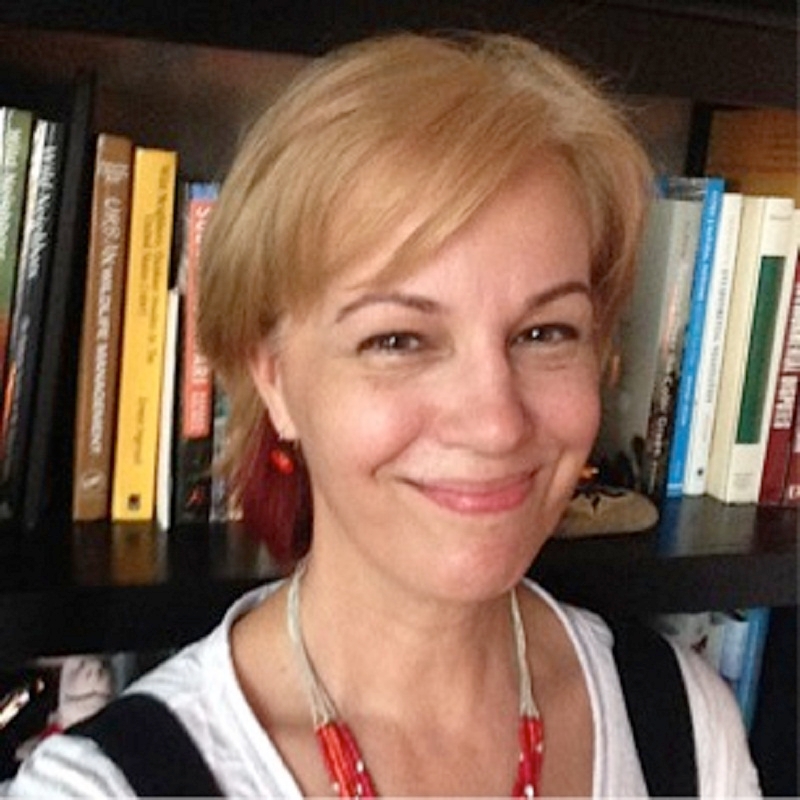
“Typically, a student will come to me with a general sense of the topic they’d like to explore at least a couple of semesters prior to when they want to do the independent study,” said Lindsey. “Generally, they need to get at least a semester or two of MNR program courses under their belt before they have a clear sense of where they want to focus and what they hope to get out of the independent study experience.”
After a consultation with Lindsey, the student contacts a faculty member with relevant subject matter expertise to see if they are open to working one-on-one. Multiple pairs of students and faculty have benefitted from the partnership, and the elective option continues to grow in popularity, said Lindsey.
Getting a taste for PhD-level research
One reason a student may want to pursue the IDST course is to gain applied research experience that is useful when pursuing advanced graduate study, such as a PhD. This was the case for Chris Larsen, who graduated from the MNR (Online) in December 2018. Chris came into the program interested in climate change research and, ultimately, a PhD. When he had taken all of the climate change courses he could, he consulted with Lindsey about whether he could do an independent study focused on climate change.
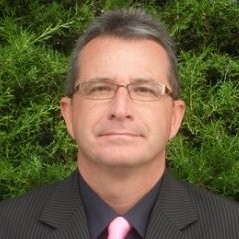
Lindsey connected him with Dr. Adam Kalkstein, a Professor of Practice teaching in the MNR (Online) program. Kalkstein is a climate scientist with research interests focusing on climate change and human health. In addition to teaching for Virginia Tech, Kalkstein is also Professor of Geography in the Department of Geography and Environmental Engineering at the United States Military Academy (West Point).
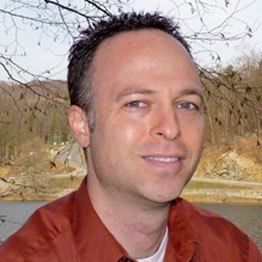
Working with Kalkstein, Chris designed a project to research permafrost melt and the repercussions of methane release in indigenous communities. He conducted a literature review and built an informational public-facing website on the topic.
“It was essentially a miniature version of what a person would do as part of a PhD,” said Chris. He had such a positive experience that he went on to do a second independent study with Dr. Robert Pojasek, a former instructor in the MNR (Online) program. For that project, he wrote a 90-page book about the United Nations sustainability goals and how they might be applied to ecotourism operations. He was able to market the book to small eco-tour operators in Central America through his professional connections as a former ecotourism company operator himself.
After graduation from Virginia Tech, Chris applied and was accepted to the PhD in Natural Resources and Environmental Studies program at the University of Northern British Columbia. There, his research focused on how the traditional knowledge of the Saik’uz First Nation, a small indigenous community in British Columbia, could be applicable for climate change adaptation.
“The fact that I had done the Virginia Tech MNR independent studies—and the depth of the nature of them—really helped me get into a PhD program, even though I didn’t have a master of science degree,” said Chris. “The experience was well-suited for UNBC because of the interdisciplinary nature of their program.”
Gaining in-depth subject matter expertise
Another reason a student might pursue the independent study elective is to gain in-depth experience in a particular subject area aligned with their passions and professional goals. This was the case for Sophie Parker, who worked on an independent study project on the bushmeat trade with Dr. Heather E. Eves, a Professor of Practice in the MNR (Online) program. Eves is an expert in illegal wildlife trade. Her doctoral research on bushmeat at the Yale School of the Environment took place in Africa, where she spent ten years working and learning about how people lived with and benefitted from wildlife. From 2000 to 2009, she served as director of The Bushmeat Crisis Task Force, a multi-organizational collaborative effort focused on information management and analysis, policy development, public awareness, and education toward collaborative solutions to the bushmeat crisis in Africa.
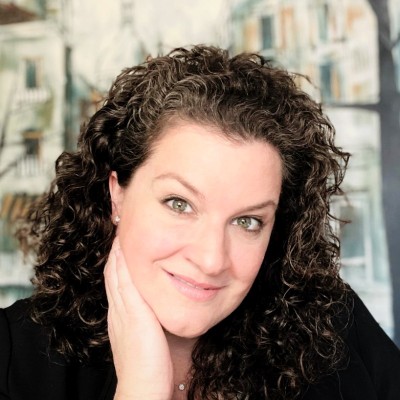
Sophie has had a life-long interest in wildlife crime, and the IDST experience helped her apply—and gain acceptance—to an environmental crimes course offered by the United Nations Interregional Crime and Justice Research Institute (UNICRI). The course, which takes place during the winter in Rome, provides participants with a fundamental understanding of what environmental crimes are and how the existing international legal framework prevents crimes against the environment. Parker was the only American selected for the 20-person course.
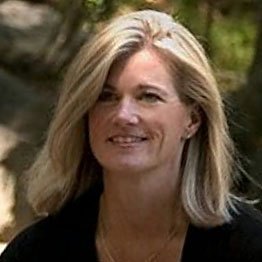
For the IDST project, Sophie researched and compiled data on bushmeat policy recommendations over the course of two decades. “Sophie’s work on bushmeat uncovered a pattern of policy recommendations over two decades that were limited in terms of implementation on the ground,” said Dr. Eves. “Independent study projects give CLiGS students the opportunity for individual inquiry, independent yet guided research, and evidence-based problem-solving, and are exactly how future leaders will build skills and knowledge to successfully address 21st century challenges.”
Sophie now works as the Deputy Director of the Quality Assurance and Compliance Division of the USDA, Agricultural Marketing Service, Federal Grain Inspection Service. Among other responsibilities, she and her team evaluate reports of alleged violations of the United States Grain Standards Act and the Agricultural Marketing Act.
“The independent study program created an opportunity to conduct a deep dive into a specific area of interest while working under the guidance of an expert. For me, the chance to study under Dr. Heather Eves was too good to pass up,” said Sophie. “I’d been passionate about the illegal wildlife trade and impacts of the bushmeat trade for years. The program enabled me to pair that interest with my research and analysis skills to study trends and expand my understanding of complex factors. Working under the guidance of an expert added perspective and helped focus my research.”
Sophie said that she would recommend the IDST course to students who are exploring other career options or areas of interest, as the process shows them how to utilize existing skills to re-focus on something new.
“That cross-utilization of skills is critical when considering a career pivot. The experience you gain from the independent study program builds confidence, while at the same time introducing you to the ins and outs of the field,” said Sophie. “Whether it's a career option or a topic you're passionate about, the perspective you gain is invaluable.”


